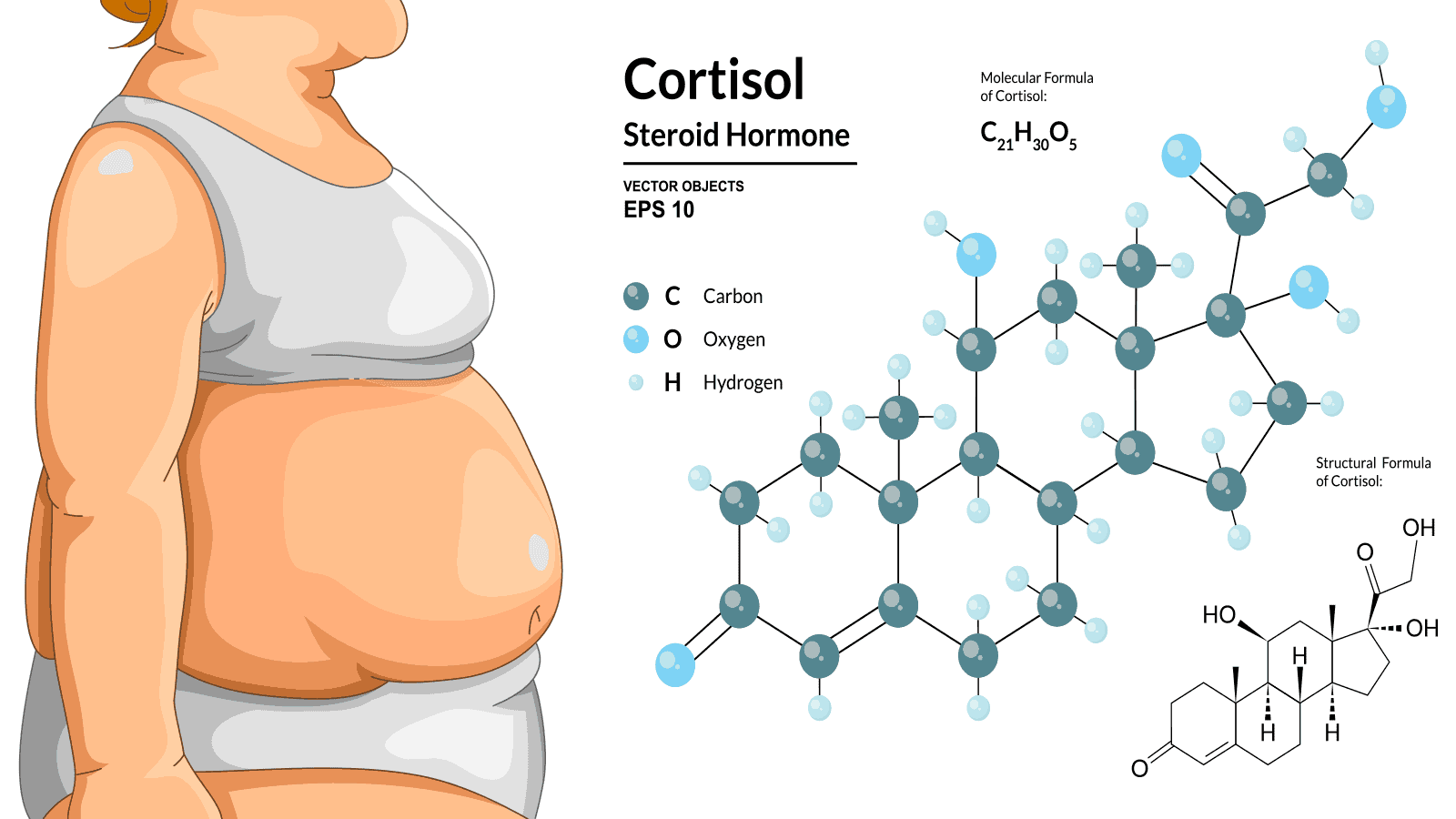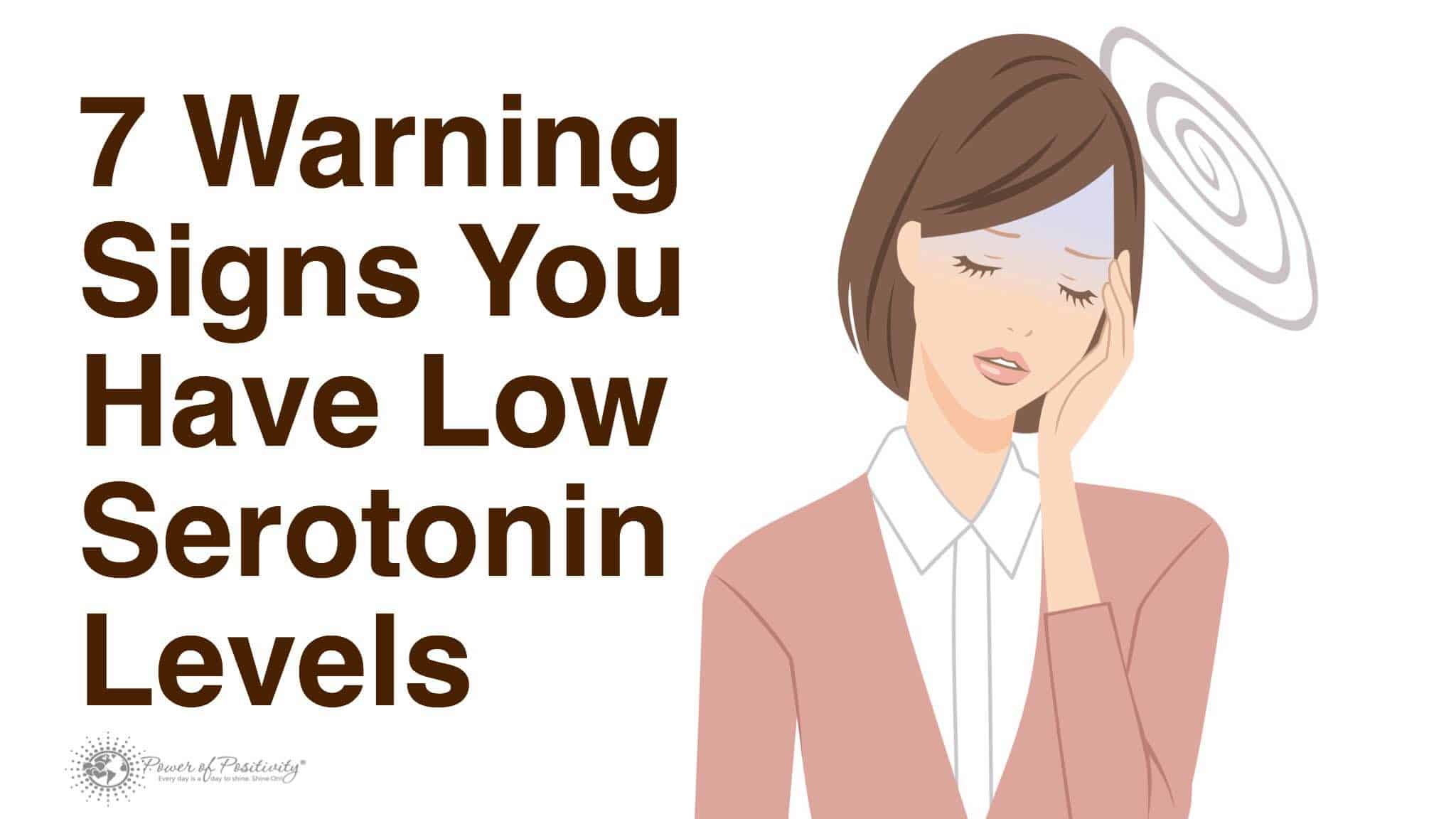As you well know, losing weight is more than diet and exercise. To nobody’s surprise, hormones can play a role as well. With that in mind, we want to share eight hormone imbalances that make it hard to lose weight.
Eight hormone imbalances that make it hard to lose weight
“…where your body stores excess weight is not a random occurrence but rather a complex hormonally driven process.” – Hormone Rebalance Centre (source)
Chronic inflammation
Studies show that long-term problems with inflammation may lead to weight gain and obesity. Chronic inflammation is also linked to cancer, diabetes, heart disease, and high blood pressure.
Dr. Mark Hyman, a licensed physician and New York Times bestselling author, recommends a 1- to 4-week anti-allergen protocol that may help deal with many problems associated with inflammation and weight gain. Dr. Hyman calls for eliminating “some foods that irritate the immune system more than others,” including:
- Dairy: butter, cheese, milk, and yogurt
- Gluten: barley, oats, rye, and wheat
- Nightshade vegetables: bell peppers, eggplant, potatoes and tomatoes
- Yeast, including fermented foods
High cortisol levels
Cortisol is the fuel that ignites our fight-or-flight system. Our primary stress hormone, cortisol also communicates with the brain to manage emotions like motivation. While it gets a bad rap, cortisol is essential to many bodily functions. For example, it helps keep inflammation down, regulates blood pressure, and manages our circadian rhythm (“sleep/wake cycle”).
But cortisol also increases blood sugar, and too much of it can boost the rate at which our body stores fat in cells. Of course, this malfunction can lead to weight gain.
Excess Estrogen
Certain forms of estrogen influence how the body manages weight gain. When estrogen levels are low – during a woman’s menstrual cycle, for example – the body’s metabolism slows, and this can result in weight gain.
Other causes of this form of hormone imbalances include:
- anorexia
- intense exercise
- lactation
- ovarian surgery
Hypothyroidism
Disorders of the thyroid are notorious for causing weight problems. Hypothyroidism is a condition where the thyroid gland does not produce enough hormones. When this happens, the metabolism is essentially handicapped; the body’s ability to convert fat into energy slows, and the chances of gaining weight increase drastically.
Other symptoms of hypothyroidism include fatigue, oversleeping, and brain fog.
Low testosterone
Testosterone is the primary sex hormone in men and influences fat-burning, muscle mass, and skin tone in both sexes. Testosterone deficiency can result from a stressed-out lifestyle, poor diet, and obesity. Regarding the last, it is thought that low “T-count” can be both the cause and the effect. In other words, low testosterone is a potential catalyst for weight gain.
Most frustrating is that an individual may still experience weight gain with low T-counts despite a healthy diet and exercise regimen. Fortunately, treatment of low testosterone can effectively reverse any side effects of the condition.
Excess insulin
Insulin is a hormone produced by the pancreas that converts sugar glucose into energy. A proper balance of this hormone is crucial to ensuring normal blood sugar levels.
After we eat, pancreas cells are activated that release insulin into the bloodstream. Insulin then clings to and signals cells to absorb sugar and to use it for energy. When insulin levels too high, the body feels hungrier more frequently. As a result, we may overeat and experience difficulties in losing weight.
Menopausal imbalances
Menopause throws the female hormones through a loop (but you probably don’t need me to tell you that!). It’s the odd behavior of hormones that causes those lovely symptoms such as mood swings, cramps, hot flashes, fatigue, and night sweats.
As is the case with any type of hormone imbalances, weight gain may also result. Per the Mayo Clinic, menopause may occur between the ages of 40 to 50, with the average age being 51.
Serotonin imbalance
Imbalance of the brain chemical serotonin is commonly linked to depression, anxiety, and other mental health conditions. Per a 2006 study published in the journal Neuron, serotonin – the neurotransmitter that regulates mood and sleep – inhibits cravings by acting on receptors that curb appetite while blocking other receptors that cause cravings.
It can be stated, then, that a lack of serotonin in the brain may increase appetite. Anecdotal evidence exists that humans are more likely to crave refined carbohydrates (e.g., sugar and starches) when deficient in serotonin.
Correcting hormone imbalances
Now that you have a good idea as to how and why hormone imbalance can cause weight loss, here are some ideas to help get your hormones back in sync!
- Limit exposure to stress: Common stressors that may facilitate weight gain include trouble at work, financial difficulties, toxic relationships, and poor self-esteem.
- Use progressive relaxation techniques: Active relaxation techniques include anything that takes your mind off of things. Get a massage, take a hot bath, or practice deep breathing.
Diet and exercise: While diet and exercise aren’t the “be all, end all” of weight loss, eating right and working out regularly can help maintain a healthy weight and balance hormones.
https://youtu.be/7BNGVmwxoHI


















